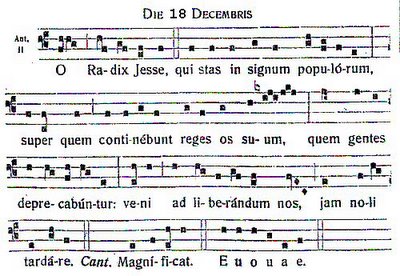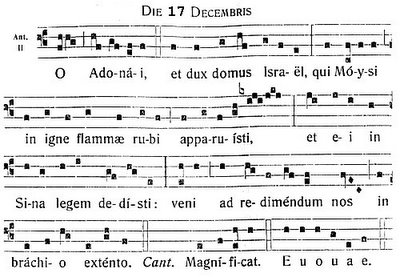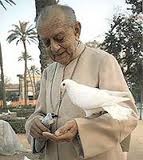Tuesday December 3
From today’s Crain’s Michigan Morning
“Detroit officials will learn today whether Michigan’s largest city can stay in bankruptcy, allowing a federal judge to referee all of its battles with creditors owed about $18 billion. U.S. Bankruptcy Judge Steven Rhodes in Detroit said last week he would decide at a hearing today on the city’s request to remain under court protection. Without it, Detroit may be forced to defend a wave of lawsuits in multiple courts over the gap between the city’s revenue and the amount it owes.”
Moments like this — high-stakes uncertainty for women and men who call the city their home or our students bearing down to bring their A game to final exams and projects –sometimes open our eyes to our small selves and our vulnerability.
Denise Levertov’s “Poem Rising By its Own Weight” builds on the metaphor of a different sort of high stakes, a tight rope walker who also does daring escapes, like Houdini. Tenderness surprises in the end.
Have a blest day.
john sj
The Poem Rising By Its Own Weight
The poet is at the disposal of his own night.
Jean Cocteau
The singing robes fly onto your body and cling there silkily,
You step out on the rope and move unfalteringly across it,
And seize the fiery knives unscathed and
Keep them spinning above you, a fountain
Of rhythmic rising, falling, rising
Flames,
And proudly let the chains
Be wound about you, ready
To shed them, link by steel link,
padlock by padlock–
but when your graceful
confident shrug and twist drives the metal
into your flesh and the python grip of it tightens
and you see rust on the chains and blood in your pores
and you roll
over and down a steepness into a dark hole
and there is not even the sound of mockery in the distant air
somewhere above you where the sky was,
no sound but your own breath panting:
then it is that the miracle
walks in, on his swift feet,
down the precipice straight into the cave,
opens the locks,
knots of chain fall open,
twists of chain unwind themselves,
links fall asunder,
in seconds there is a heap of scrap-
metal at your ankles, you step free and at once
he turns to go —
but as you catch at him with a cry,
clasping his knees, sobbing your gratitude,
with what radiant joy he turns to you,
and raises you to your feet,
and strokes your disheveled hair,
and holds you,
holds you,
holds you
close and tenderly before he vanishes.
Denise Levertov in The Freeing of the Dust




